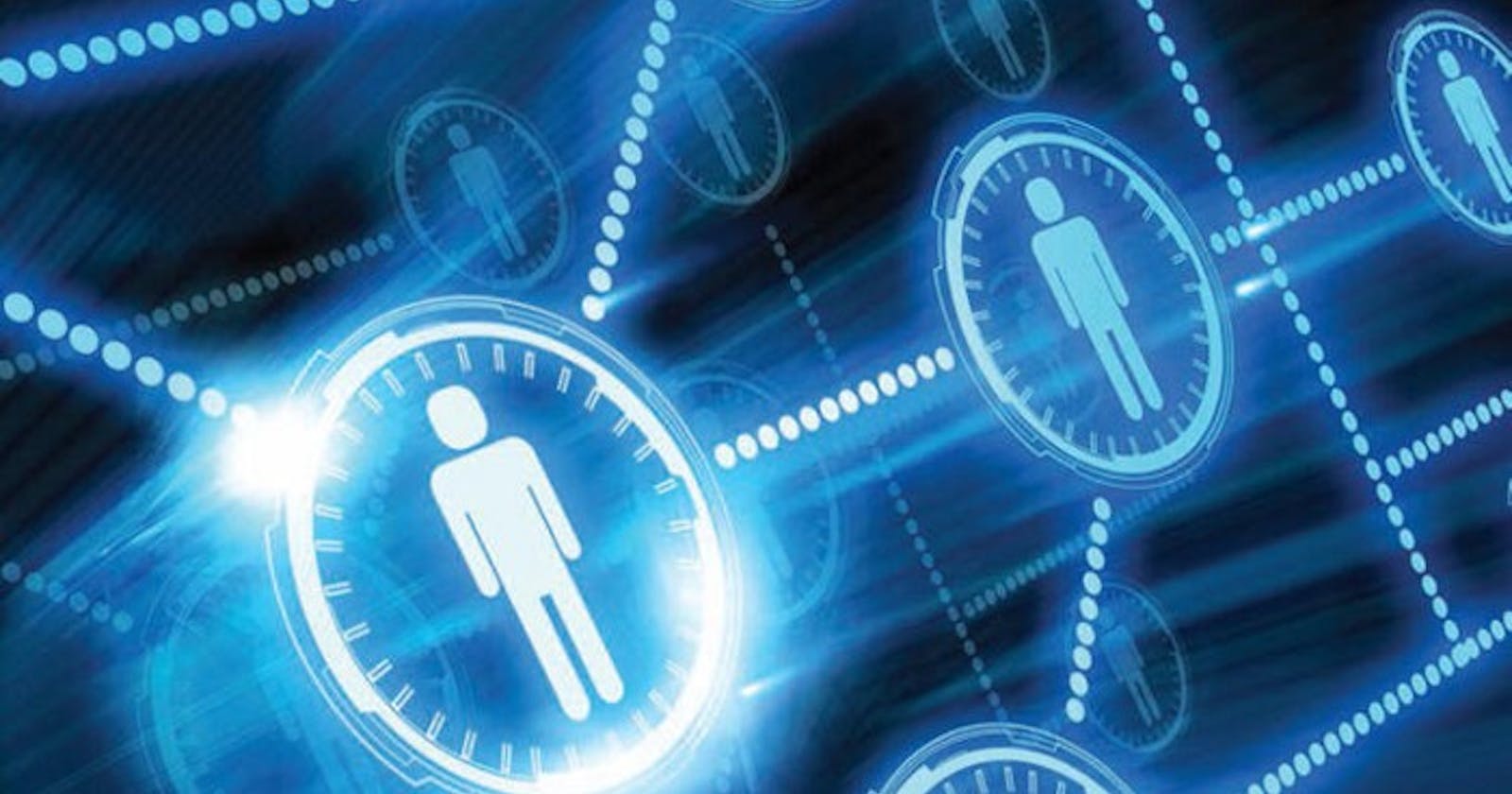Internet 101 - IP and DNS
What are IP and DNS? Brief summary of the relationship between them ...
Devices operating on the Internet have unique addresses. The address is the ID used to reach the device. Imagine you want to go somewhere, it doesn't matter what the name of your destination is after you know the address of your destination. So at least to find the destination :) One of the most important protocols used in internet communication is the "Internet Protocol(IP)". Even its name is the internet, isn't it? In other words, the address of a device that connects to the internet is the IP address. In fact, even making a Google search is to request information from another computer. How? Of course, Google is not a single computer, has servers for all the information it contains. And when we search, we ask these servers that information we want, and if there is, we get results. When requesting information from another device, we need to know the IP address of the other device, and when sending information to the other device, we also send our IP address. In this way, the other device knows where to answer. And it also measures the reliability by looking at the IP address sent.
An IP address consists of numbers and these numbers are converted into bits. Traditional IP addresses are 32 bits long. For example, the address “175.128.15.121” converts to 8 bit for each area separated by dots and it turns into “1010 1111 1000 0000 0000 1111 0111 1001”. The first numbers usually indicate the country and region networks of the device. Then it specifies the subnets and finally the address of the device. This form of IP address is called IPv4, it was designed in 1973. It consists of 4 sections separated by dots and each section is in the range of [0–255]. Provides a unique address for 4 billion devices. But today there are more than 4 billion devices that connect to the Internet. Therefore, the IPv6 format, which provides a longer format, as needed. While IPv4 provides a 32-bit length, IPv6 provides a 128-bit length. The increase in length has changed the number of IP addresses, which is enough for 4 billion devices, to the number of IP addresses enough for sand grains in the world.
If you want to see the IP address of your computer, press the "Windows + R" key or write "Run" in the search bar, type "cmd" in the search box and push enter. You've already opened the command line… Now type "ipconfig" in the command line. In the results, the address opposite to the side that says IPv4 / IPv6 Address is the address specific to your device.
So, do we choose our IP address freely? DHCP (Dynamic Host Configuration Protocol) servers assign IP to devices that connect to the internet. Provides automatic IP assignment.
Well, do you use IP addresses frequently? Thanks to DNS (Domain Name System), namely the domain name system, we don't need to remember IP addresses. If this system did not exist, we would have to remember the "216.58.214.132" IP address to enter Google. But now, we log in easily by typing google.com. This is DNS for convenience. By the way, this is actually a server system.
For example, we want to enter Google. We typed "google.com" in our browser and enter it. In the background, this request has gone to the DNS server, the IP address was found for this domain name and now we have found the address we are looking for. The request we created to enter to Google was directed to this address and the address directed the positive response to our own IP address. And the Google home page came with the response.
So considering we use domain names to log in to all websites, isn't it impossible to have a single DNS server? If there was only one server, it would probably take days to reach somewhere, who knows :) If we agree with there are multiple servers, how do they communicate? Actually the same "Distributed Hierarchy" as the general architecture of the internet. They are divided into regions and take responsibility for main areas such as “.org", ".com". Since everyone can access these servers, it is a public system. To be public leads to various attacks. For example, "DNS Spoofing" ie DNS poisoning. In this attack, someone matches the domain name on the DNS server with the wrong IP address. As a result, when the user wants to go to that site, they are directed to another unrelated, often harmful, website. It may result in various information being stolen from the user.
In this post, I tried to explain the concepts of IP and DNS. To access the Internet 101 series:
